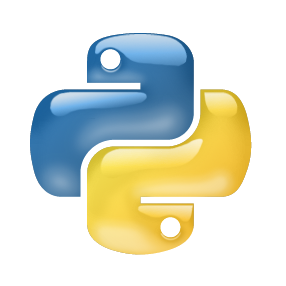Ontology Alignment (OA) is fundamental for achieving semantic interoperability across diverse knowledge systems. We present OntoAligner, a comprehensive, modular, and robust Python toolkit for ontology alignment, designed to address current limitations with existing tools faced by practitioners. Existing tools are limited in scalability, modularity, and ease of integration with recent AI advances. OntoAligner provides a flexible architecture integrating existing lightweight OA techniques such as fuzzy matching but goes beyond by supporting contemporary methods with retrieval-augmented generation and large language models for OA. The framework prioritizes extensibility, enabling researchers to integrate custom alignment algorithms and datasets. This paper details the design principles, architecture, and implementation of the OntoAligner, demonstrating its utility through benchmarks on standard OA tasks. Our evaluation highlights OntoAligner's ability to handle large-scale ontologies efficiently with few lines of code while delivering high alignment quality. By making OntoAligner open-source, we aim to provide a resource that fosters innovation and collaboration within the OA community, empowering researchers and practitioners with a toolkit for reproducible OA research and real-world applications.
翻译:暂无翻译





